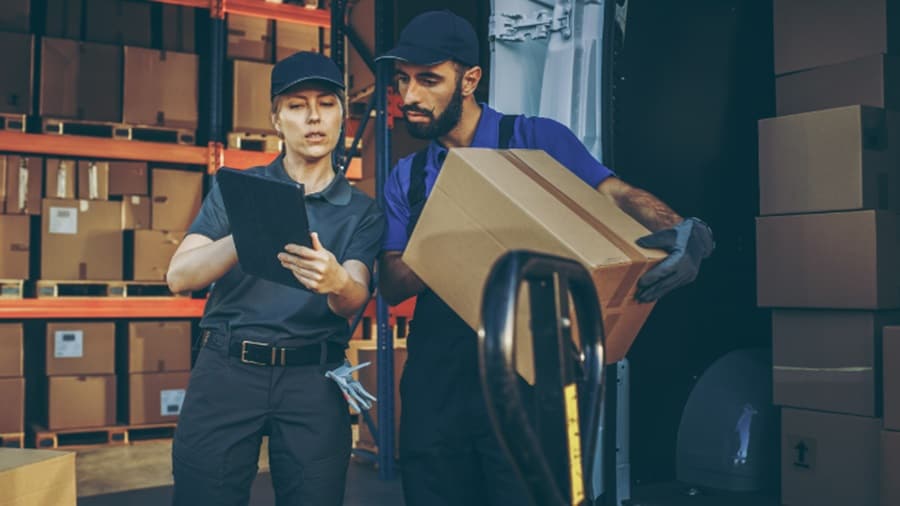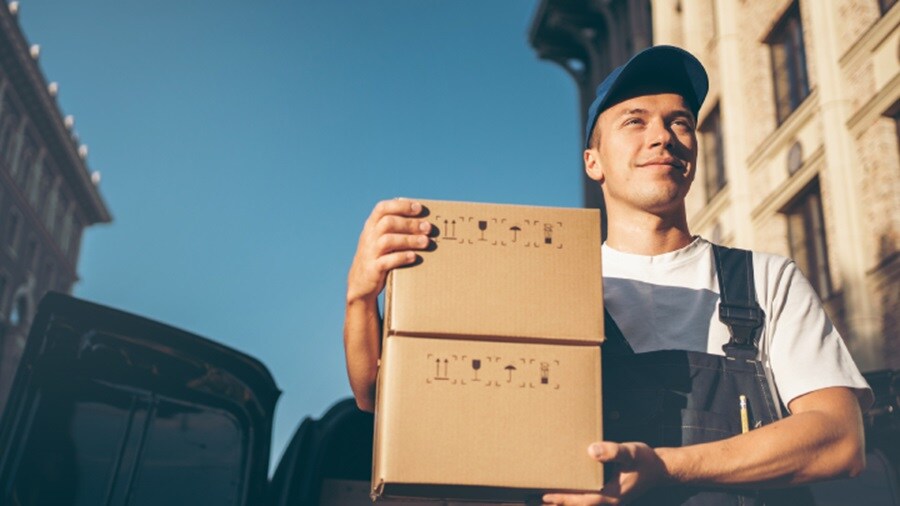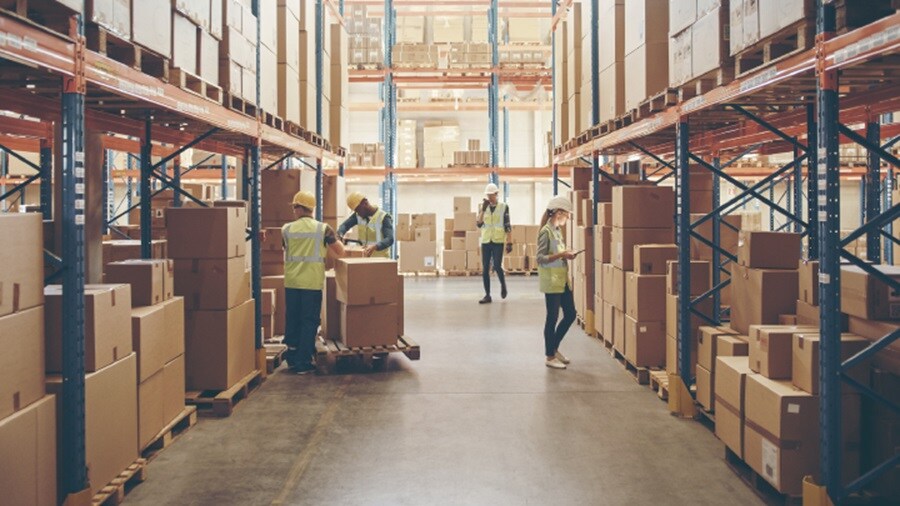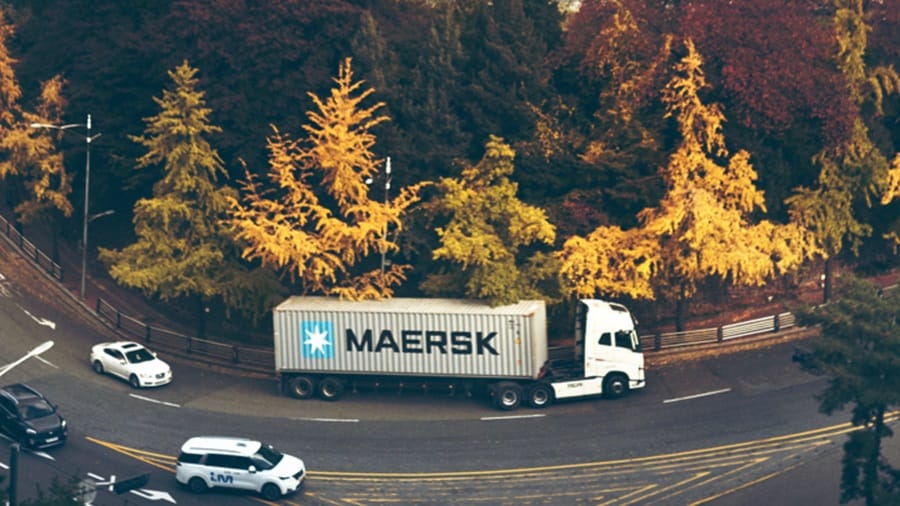From the cereal we eat in the morning to the toothpaste we use before bed, fast-moving consumer goods (FMCG) are an integral part of our day-to-day routines. And with an estimated growth of 5.4% in the next five years and market size of $15,361.8 billion by 2025, FMCG forms one of the biggest industries worldwide.
Yet, the FMCG industry operates in a complex and uncertain logistical landscape. Whether it’s high raw material costs, increased protectionism, evolving regulations or additional import and export licences, businesses have a challenge to ensure all requirements are met while maintaining competitiveness.
Gaps in customs knowledge can present major risks to your supply chain. They exacerbate these challenges, leading to inefficiencies, cost increases and delays.
The solution is a reliable, compliant, cost-effective and streamlined customs operation. If this can be achieved — through distinguishing and integrating touchpoints — you get improved data, visibility and insight.
So, exactly how can you use these integrated customs insights to improve supply chain efficiency?

Avoid hidden costs and fines
For many FMCG businesses, the direct operating costs of customs, such as customs duties, taxes and related fees for each declaration are significant. Yet, with an end-to-end shipment routinely involving up to 25 distinct organisations, around 100 people and hundreds of data exchanges, errors naturally occur. Errors which can lead to unforeseen costs and fines for incorrect administration.
For example, it’s estimated that 22% of global export delays every day are caused by incorrect Harmonised System (HS) codes.
With our expertise and extensive knowledge on local regulations, we can enhance your customs insights, allowing you to see where you have gaps in commodity codes or documentation, or where regulations have changed — all enabling you to take proactive measures to avoid unexpected fines or delays in your operations.

Reduce the cost of customs administration
While import duties are typically around 2-3% of the value of goods, the cost of managing your customs operations is considerably more than this. There’s the cost of education, the cost of support staff and the dedication needed to keep up with continually evolving rules and regulation.
On this last point, our expertise and advice can keep all stakeholders up to date with the latest regulations, so you’ve the insights to keep goods moving at every stage of their journey.

Leverage customs insights to fuel your business
Customs is often seen as a box to tick, something that must be done to continue trading. However, by providing rich insights, customs can support strategic decision making across different areas of the organisation.
Take free trade agreements (FTAs), as an example. Depending on a country’s rules of origin, certain materials or products may not be covered under the FTAs, which could result in higher duties and fees.
A company can leverage this insight within their sourcing strategy to procure raw materials from multiple suppliers in different countries, rather than an assembled product from a single supplier — therefore increasing profit margins. Or they could use this insight as the basis for moving their company’s manufacturing facilities to a country where they can take advantage of FTAs.

Sell while in transit
In some jurisdictions, customs rules prohibit you from moving goods until a buyer is found. This was the case for Seaborn AS, a major distributor of Norwegian and Icelandic salmon, whose Icelandic fish was being held at the EU border in Denmark.
Maersk’s customs experts proposed the solution that Seaborn used Maersk Accountancy and VAT in Denmark, making it legal to export without requiring a buyer at the time of exporting
This makes it possible to sell the salmon during transport and have it cleared by Maersk on Seaborn’s Danish VAT number, enabling it to make use of the lead time to deliver fresher produce. By using customs insights to its advantage, Seaborn increased sales and saved on warehousing costs.

Improve speed and accuracy
Integrated customs insights help improve predictability and control, which improve speed and accuracy. You can see which goods move seamlessly across borders and which are regularly held up, and then work on solutions for this. And you can use customs data from up and down the supply chain to speed up data exchange.
For example, when a customs service provider creates a declaration, it can be instantly populated with up-to-date, accurate information and shared between all stakeholders.
Any changes will be instantly communicated, too – with this level of real-time communication and collaboration, delays are avoided and goods keep moving.

Take the next step with Maersk
Improving the efficiency of your FMCG supply chain is a sizeable task, layered with different challenges. With integrated customs insights, you can bypass these, reveal hidden solutions and take a more strategic approach.
But you don’t necessarily need all this customs knowledge and capability in-house. Working with an expert partner is an effective way to lighten the load, reduce costs and speed up your customs operations.
We’re your trusted partner, and our global team of logistics experts and assets will ensure end-to-end, integrated supply chain services, covering transportation, warehousing, digitalisation, customs, procurement and more. Our global team of logistics experts will continue to aim for efficient service delivery to optimise costs, availability, agility and support your effort to reduce greenhouse gas emissions — keeping your supply chain running and your business competitive.
For more on the power of customs insights, download our Customs Optimisation Blueprint eBook.
无论您需要什么,我们都可以随时为您提供帮助
I agree to receive logistics related news and marketing updates by email, phone, messaging services (e.g. WhatsApp) and other digital platforms, including but not limited to social media (e.g., LinkedIn) from A. P. Moller-Maersk and its affiliated companies (see latest company overview). I understand that I can opt out of such Maersk communications at any time by clicking the unsubscribe link. To see how we use your personal data, please read our Privacy Notification.
By completing this form, you confirm that you agree to the use of your personal data by Maersk as described in our Privacy Notification.
